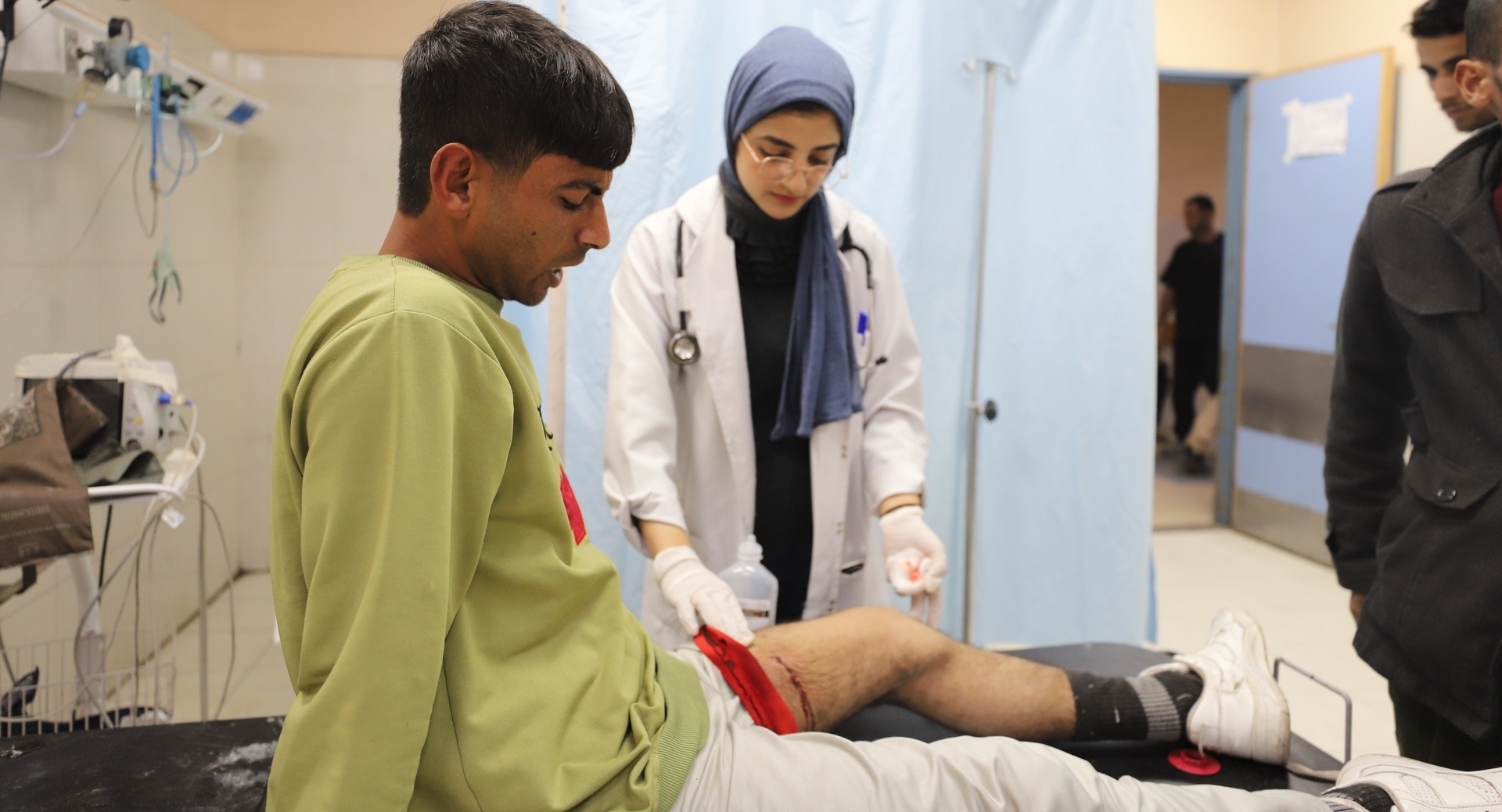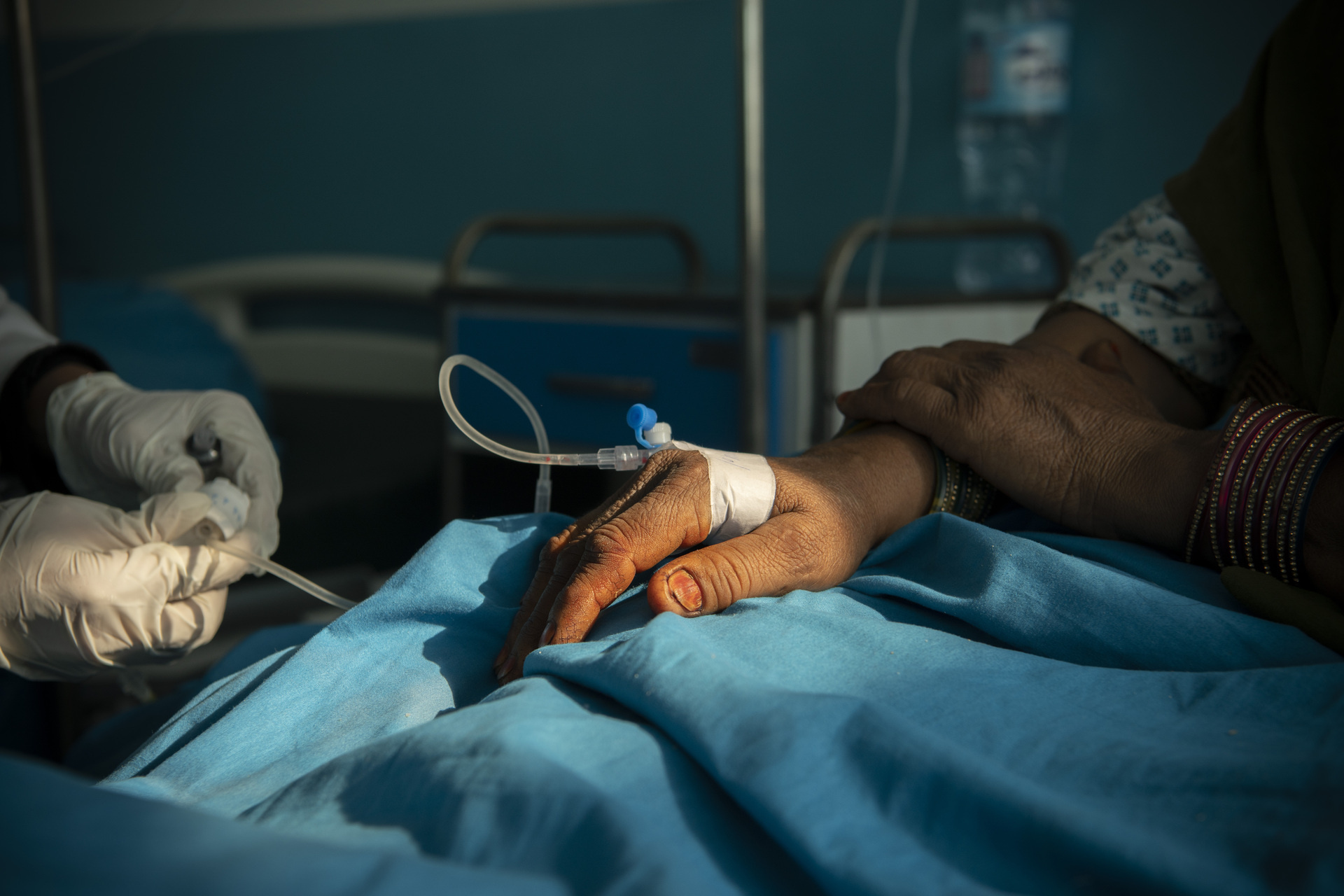Strengthening acute care systems saves lives, but urgent action is needed
At the 78th World Health Assembly, Clinical Services and Systems and Laerdal Global Health launched the Acute Care Transformation initiative, with an initial $12.5 million commitment to expand Basic Emergency Care (BEC) training in 400 hospitals across Africa. The initiative aims to grow through the Lifeline Acute Care Action Fund, targeting $25 million to reach 1,000 hospitals and save an estimated 50,000 lives annually. This effort supports the goals of the Acute Care Action Network (ACAN) and will contribute to WHO’s upcoming Global Strategy for Integrated Emergency, Critical and Operative Care.


.jpg?sfvrsn=b86096c_1)




